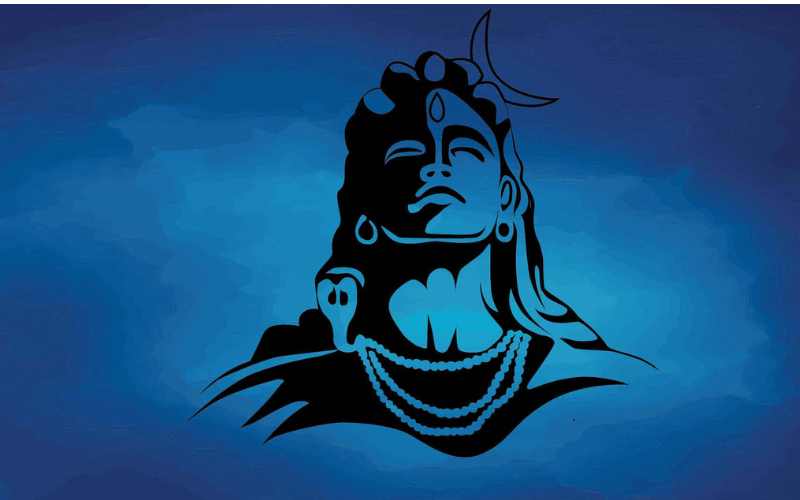
Maha Shivaratri: Celebrating the Divine Union and Spiritual Awakening
Maha Shivaratri, known as the "Great Night of Shiva," is a significant Hindu festival celebrated annually with great fervor and devotion. This sacred occasion holds deep spiritual and cultural importance for millions of Hindus worldwide, marking a night dedicated to the worship of Lord Shiva, the supreme deity associated with destruction, transformation, and regeneration.
At the heart of Maha Shivaratri lies the mythological significance of Lord Shiva's cosmic dance, known as the Tandava. Devotees believe that on this auspicious night, Shiva performed this dance, symbolizing the cosmic cycles of creation and destruction. Additionally, Maha Shivaratri is celebrated as the divine marriage of Shiva and Parvati, emphasizing the union of masculine and feminine energies, signifying harmony and balance in the universe.
An ancient legend linked to Maha Shivaratri involves the churning of the ocean (Samudra Manthan) by gods and demons to obtain the nectar of immortality (amrita). During this churning, a pot of poison emerged, threatening to engulf the world. In a selfless act, Lord Shiva consumed the poison to save the universe, turning his throat blue and earning him the name "Neelkanth," or the one with a blue throat.
Central to Maha Shivaratri observances is the worship of the lingam, a symbol representing the formless aspect of Lord Shiva. Devotees offer prayers, perform rituals, and pour milk or water over the lingam as a symbol of purification and devotion. The lingam, considered a powerful representation of Shiva's essence, becomes the focal point of spiritual practices during the festival.
Maha Shivaratri is not only a celebration of divine legends but also a night for personal introspection and spiritual awakening. Devotees engage in prayer, meditation, and fasting, purifying their minds and bodies to seek the blessings of Lord Shiva for inner peace, enlightenment, and self-realization.
Many adherents observe a day-long fast on Maha Shivaratri, refraining from food and breaking the fast the next day after morning rituals. Fasting is seen as a symbolic gesture of self-discipline, detachment from material desires, and a way to focus the mind on spiritual pursuits.
Maha Shivaratri, steeped in mythology and spiritual significance, is a celebration of devotion, cosmic harmony, and personal transformation. As devotees come together to honor Lord Shiva, the festival becomes a shared journey toward enlightenment, symbolizing the eternal dance of creation and destruction that defines the cyclical nature of existence.
Disclaimer: The opinions expressed in this article are those of the author's. They do not purport to reflect the opinions or views of The Critical Script or its editor.

Newsletter!!!
Subscribe to our weekly Newsletter and stay tuned.



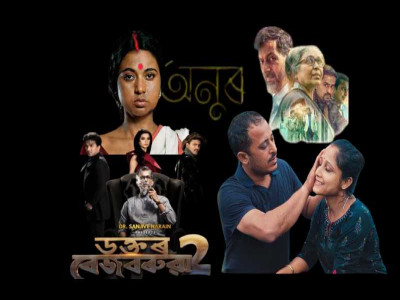
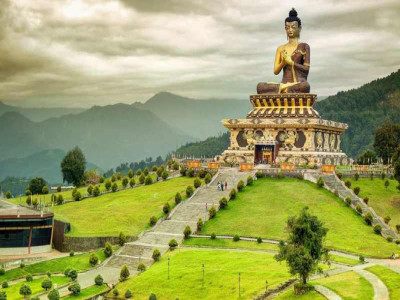
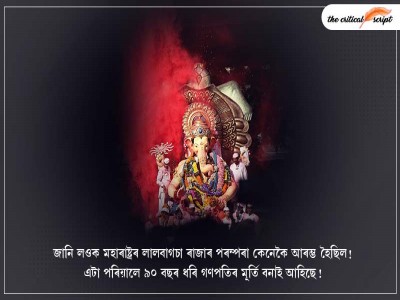
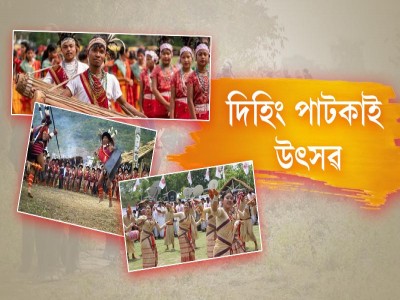
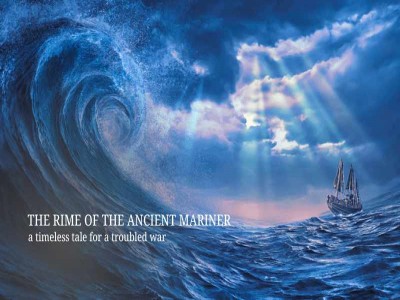









Related Comments